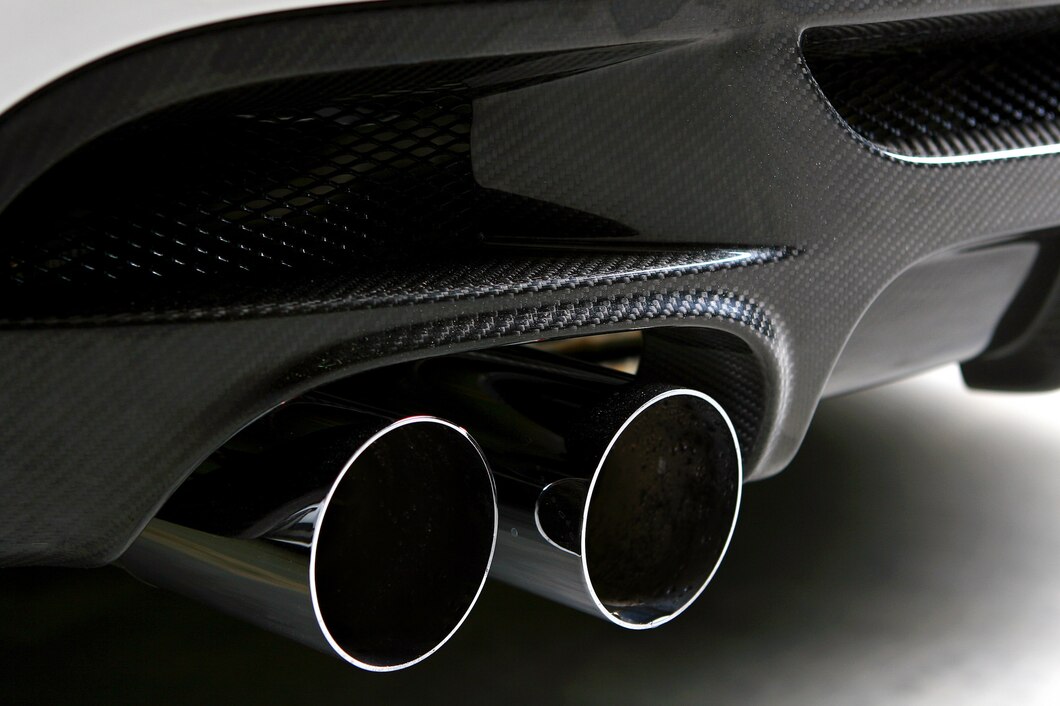Your car’s exhaust system plays a crucial role in the overall performance and safety of your vehicle. It removes harmful gases produced during combustion and helps your engine run efficiently. However, like any other part of your vehicle, the exhaust system can face issues that, if left unchecked, can lead to serious problems. One such issue is a blocked exhaust, which can have various early warning signs that every car owner should be aware of.
What Causes a Blocked Exhaust?
Before delving into the signs of a blocked exhaust, it’s essential to understand what causes it. A blocked exhaust typically occurs due to the accumulation of debris, such as soot, rust, or even physical obstructions like nests from rodents. Internal factors like a failing catalytic converter or external damage can also contribute to blockages.
Early Signs to Watch Out For:
Increased Engine Noise:
- A noticeable increase in engine noise, especially a deep or unusual rumbling sound, can indicate that exhaust gases are not flowing freely. This often occurs because the blockage disrupts the normal flow of exhaust gases through the system.
Decreased Engine Performance:
- If your car feels sluggish or lacks power during acceleration, it could be due to restricted exhaust flow. The engine may struggle to expel gases efficiently, leading to reduced performance and responsiveness.
Fuel Efficiency Drops:
- A blocked exhaust can cause your engine to work harder than usual, resulting in increased fuel consumption. If you find yourself refueling more often without an apparent reason like driving habits or road conditions, it might be worth checking the exhaust system.
Burning Smells Inside the Car:
- A blocked exhaust can sometimes lead to exhaust gases backing up into the cabin through leaks or vents. If you notice a strong smell of exhaust fumes inside the car, it could indicate a serious blockage that needs immediate attention.
Visible Smoke or Vapor:
- Excessive smoke or vapor coming from the exhaust pipe, especially if it’s thick, dark, or has an unusual color, can signal problems with the exhaust system. This could be due to trapped condensation or unburned fuel caused by incomplete combustion due to restricted airflow.
Check Engine Light:
- While a check engine light can indicate various issues, a blocked exhaust can trigger this warning due to abnormal sensor readings caused by improper exhaust flow. If accompanied by any of the above symptoms, it warrants a diagnostic check.
What to Do If You Suspect a Blocked Exhaust:
If you notice any of these early signs, it’s crucial not to ignore them. A blocked exhaust can lead to increased engine wear, reduced fuel efficiency, and in extreme cases, engine damage or even a fire hazard. Here are steps you can take:
- Inspect the Exhaust System: Look for visible signs of damage or blockage such as dents, holes, or excessive rust.
- Listen Carefully: Pay attention to any unusual sounds coming from the engine or exhaust system.
- Check for Smells: If you detect strong odors of exhaust inside the car, address the issue promptly.
- Consult a Professional: If you’re unsure or notice persistent symptoms, take your car to a qualified mechanic who can perform a thorough inspection and diagnose the problem accurately.
In conclusion, being aware of the early signs of a blocked exhaust can save you from costly repairs and ensure your car operates safely and efficiently. Regular maintenance and prompt attention to any unusual symptoms will help keep your exhaust system in good condition, prolonging the life of your vehicle and ensuring a smoother driving experience.











